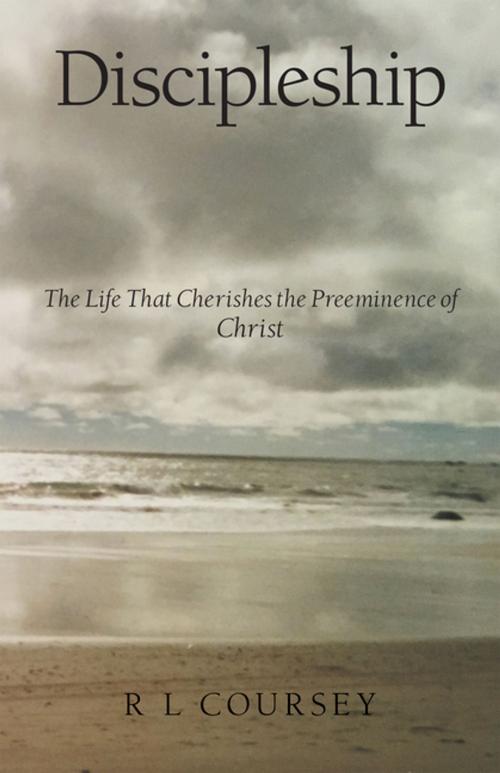Discipleship
The Life That Cherishes the Preeminence of Christ
Nonfiction, Religion & Spirituality, Christianity, Christian Life| Author: | R L Coursey | ISBN: | 9781973620082 |
| Publisher: | WestBow Press | Publication: | March 5, 2018 |
| Imprint: | WestBow Press | Language: | English |
| Author: | R L Coursey |
| ISBN: | 9781973620082 |
| Publisher: | WestBow Press |
| Publication: | March 5, 2018 |
| Imprint: | WestBow Press |
| Language: | English |
As Satan tempted Christ, so he tempts us today. Pointing to the glory of the kingdoms of the world, he says, All these things I will give thee, if thou wilt fall down and worship me. Although always with an air of piety, the consumer-driven church is lured into following the counsel of Satan while rejecting the example of Christ.
He who is a deity emptied himself of his privileges and became a man. And not just any man but the lowest of mena servant. He died not just any death but the cruelest of deathson a cross, as a condemned criminal. Such a vision of Christs humiliation should consume all of our self-interest and pour contempt on all our pride. But the vision of the exalted Christ should all the more compel us to renounce our own self-importance and self-seeking.
The enslaving power of self-love does not only attach itself to the church, transforming its spiritual life into empty forms, turning its so-called good works into monuments of self-glory and changing its sacred mission into a search for the significance and fulfillment of self. It also enslaves the individual Christian by exalting the self to preeminence. Thus, it defeats real happiness by producing pride, discontent, envy, bitterness, unforgiveness, ambition, anxiety, and a whole host of other destructive qualities that exist for no other reason than to defend and maintain the self that we have erroneously, and to our own injury, exalted to preeminence.
Self-love will never be made subordinate until we get a glimpse, by divine grave, of something far lovelier. Other idols may be replaced by even more enticing ones, but the idol of the self can only be laid aside by the all-entrancing vision of the loveliness of Christ.
As Satan tempted Christ, so he tempts us today. Pointing to the glory of the kingdoms of the world, he says, All these things I will give thee, if thou wilt fall down and worship me. Although always with an air of piety, the consumer-driven church is lured into following the counsel of Satan while rejecting the example of Christ.
He who is a deity emptied himself of his privileges and became a man. And not just any man but the lowest of mena servant. He died not just any death but the cruelest of deathson a cross, as a condemned criminal. Such a vision of Christs humiliation should consume all of our self-interest and pour contempt on all our pride. But the vision of the exalted Christ should all the more compel us to renounce our own self-importance and self-seeking.
The enslaving power of self-love does not only attach itself to the church, transforming its spiritual life into empty forms, turning its so-called good works into monuments of self-glory and changing its sacred mission into a search for the significance and fulfillment of self. It also enslaves the individual Christian by exalting the self to preeminence. Thus, it defeats real happiness by producing pride, discontent, envy, bitterness, unforgiveness, ambition, anxiety, and a whole host of other destructive qualities that exist for no other reason than to defend and maintain the self that we have erroneously, and to our own injury, exalted to preeminence.
Self-love will never be made subordinate until we get a glimpse, by divine grave, of something far lovelier. Other idols may be replaced by even more enticing ones, but the idol of the self can only be laid aside by the all-entrancing vision of the loveliness of Christ.















